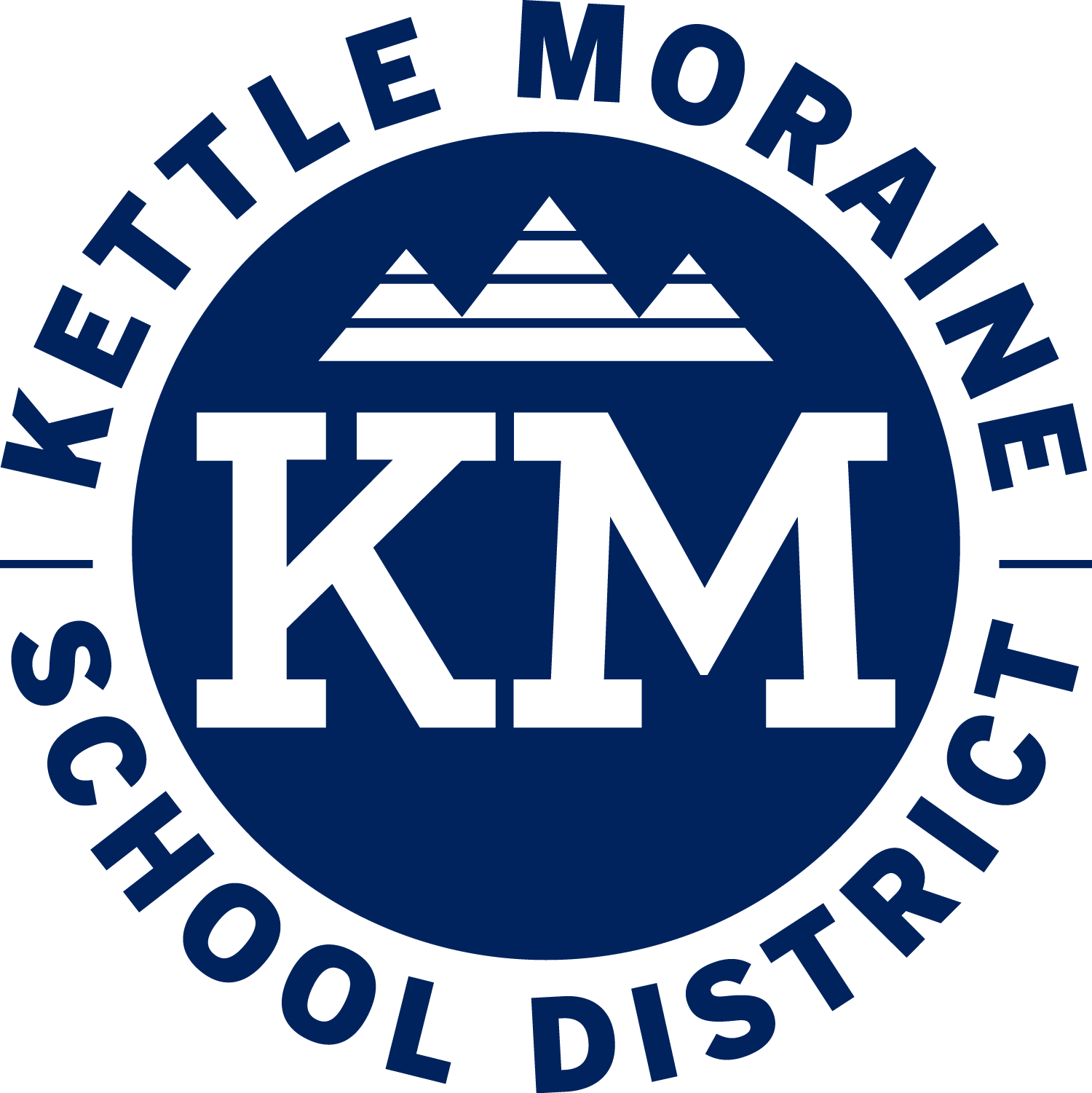

Competency-based education (CBE) is a framework of learning and assessment that clearly articulates learning targets and competencies which recognizes students’ voice, choice, path, pace, and place in the demonstration of learning. While aligned to district standards, competencies must be demonstrated before advancement, but competencies are not necessarily linear. CBE requires a balanced assessment framework, with students receiving formative feedback and supports as necessary to ensure mastery.
Contributors
Names: Pat Deklotz, Theresa Ewald
District: Kettle Moraine School District
Kettle Moraine has established a process and expectation that we refer to as “strategic visioning.” Approximately every three years the district conducts a Community Forum, usually attracting around 100 community members, including parents, business partners, municipal leaders, school board members, teachers, students, alumni, and taxpayers. The original community forum started as a way to share the findings of the Transformation Task Force, a group of 25 individuals, mostly non-educators, who participated in a 17-month process of scenario planning. The Task Force shared their work and the resulting recommendations. That work launched our journey into personalized CBE. We reconvene the community every three years to share our progress and results and to ensure we continue to meet their expectations.
The core beliefs that are listed below were developed and revised over time through multiple Community Forums, school board presentations, annual leadership retreats, and opportunities for staff engagement. The beliefs are informed by our data collection (quantitative and qualitative) as we work to transform our learning environments.
Without community direction and support, the work is in vain. When the community’s beliefs and expectations are aligned with internal organizational beliefs and expectations, there is freedom to innovate. We are regularly checking this alignment to ensure that we meet expectations and do not get too far ahead of the community’s understanding.
Weathering several “storms” has allowed us to continue with our work and we have strong community pride and support for our innovation. These storms include balanced assessment (the elimination of zero, no grading of homework, and the ability to retake benchmark assessments), multi-age classrooms with students progressing on a continuum, block scheduling, and why we want our students to have voice and choice in determining path, pace, and place of their learning, We are recognized as a leader in our state and across our nation for the the achievement and agency of our students. Our student achievement data from the OECD Test for Schools demonstrates that our students perform at a level comparable with Singapore and Korea.
Students want to be heard on this subject. They want to play a part in designing their educational experience and need to have a forum to share their perspective. Student voice is a very important factor to consider as we do this work.
As we continue to move forward, it is becoming apparent that we are “in front” with both personalization and competency-based instruction. Being at the front means there are not many with whom we can collaborate. As leaders, we trade-off the benefit of a mutually beneficial partnership as most who want to partner are actually seeking to learn from us.
One of the things that we give up and ask our teachers to give up is the “easy way” (or TTWWADI as Ian Jukes would say).
Please contact Pat Deklotz (deklotzp@kmsd.edu) or Theresa Ewald (ewaldt@kmsd.edu).
 This
toolkit was created through a partnership with Digital Promise and Education Elements.
This
toolkit was created through a partnership with Digital Promise and Education Elements.